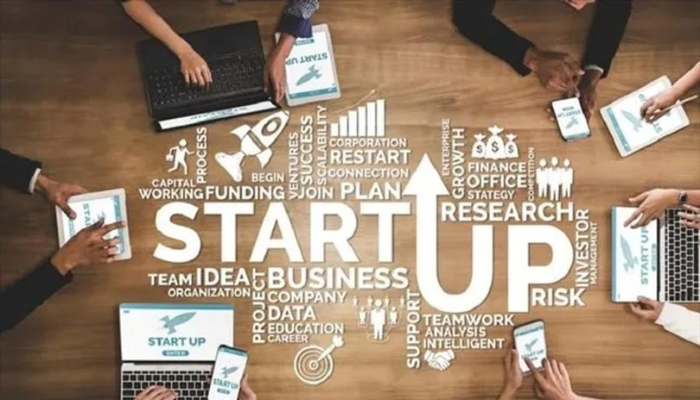‘Startup founders need to build value, not hype’ -Experts
Nigerian startup founders should focus on value creation and sustainability rather than chasing trends, according to experts at the Nigeria Fintech Week 2025 hosted by Fintech Association of Nigeria (FintechNGR).
The 2025 edition of Nigeria Fintech Week (NFW), under the theme ‘The Fintech Ecosystem Symphony: Orchestrating Nigeria’s Digital Future, ’ spotlighted startups as key drivers of the country’s digital transformation, with industry leaders urging founders to focus on value creation, make compliance a priority, and ensure sustainability rather than trends for rapid expansion.
Stanley Jacob, President of FintechNGR and host of Nigeria Fintech Week, said the association’s vision was to go beyond observation and actively lead innovation across the ecosystem. “The vision was not just to have an organisation that sits back and watches what happens in the ecosystem, but one that drives digital transformation in our financial landscape.
Read also: Technology, data and collaboration to shape the future of payments – Mujib Ishola
“No single person can whistle a symphony; you need an orchestra. That’s what we are demonstrating at Nigeria Fintech Week,” he stated. “This is no longer about individuals or isolated startups—it’s about the entire ecosystem playing in harmony to orchestrate Nigeria’s digital future.”
Jacob noted that FintechNGR’s transformation is anchored on a ‘PIE’ framework—Participation, Innovation, and Expansion—which, he said, remains the foundation of the sector’s growth.
“We are no longer just an association; we are now a movement,” he said. Nigeria Fintech Week, hosted by Fintech Association of Nigeria (FintechNGR), ran simultaneously across Lagos, Abuja, and Port Harcourt for the first time, marking a milestone in its evolution from a trade body to what its organisers now call ‘a movement’
Experts noted how fintech startups can build real, lasting value in Nigeria’s volatile economic environment as Tolulope Adeyinka, manager, Fintech Business Development (West Africa) at Mastercard, urged founders to put compliance at the centre of their innovation process.
“You can’t capitalise on the economic volatility of a country to make a product. If you are trying to solve real problems, engage regulators and build on compliance. Compliance should be your number one priority,” Adeyinka said.
John Akoji, Nigerian country lead at Innovate UK Business Connect, stated that pricing and trust are make-or-break factors for startups in Nigeria’s cost-sensitive market.
“Nigerians are very sensitive to pricing. To win them over, prioritise real-time problem-solving, build trust—because trust is a scarce currency in Nigeria—and give people access to try your product,” Akoji said. “When users test your product, you don’t have to convince them to pay for it.”
Investors also cautioned against the rush to expand. Tosin Faniru, partner at Breega, warned that many founders fall into the trap of ‘premature scaling’
“Don’t try to scale geographically without scaling well at home,” Faniru said. “Weak financial discipline is another pitfall—remember, a raise is not revenue. Revenue comes from your customers. Retain the ones you have and acquire new ones responsibly.”
Rasaq Ahmed, CEO of Cowrywise, highlighted the importance of building Minimum Viable Products (MVPs) based on real needs rather than fleeting trends.
“An MVP should be built around a genuine need, not a trend,” Ahmed said. “Trends evaporate. If your idea is tied to a temporary macroeconomic problem, scaling will be difficult because the foundation isn’t stable.”

